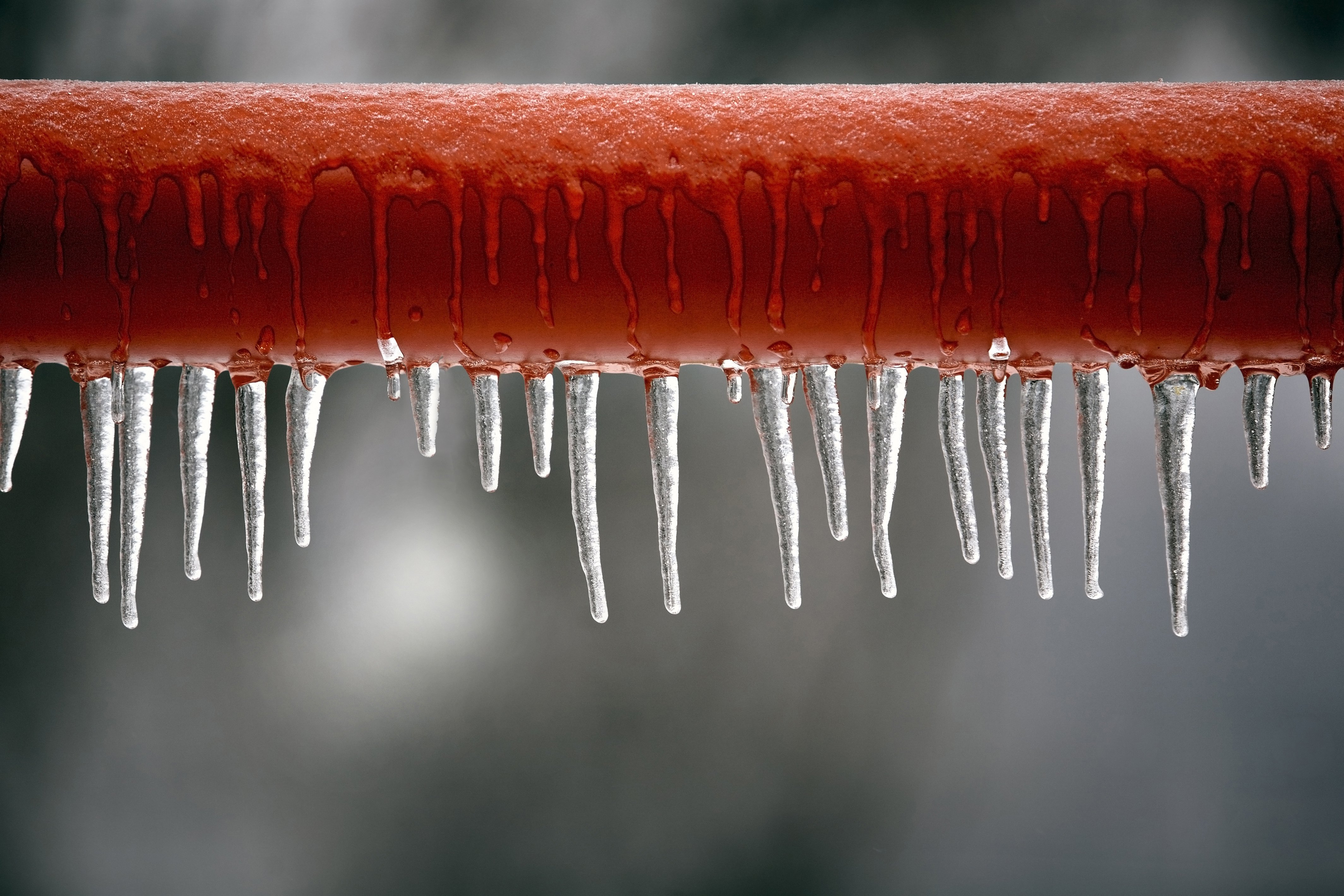
Freeze Protection Technology Like No Other
As you select an antifreeze for your fire sprinkler system, it is important that you consider these questions:
- Does it meet the rigorous technical challenges of becoming listed as required by NFPA?
- Is it listed and approved for use with the application and the size of the system?
- Will it protect the system against damage from exposure to the severe cold?
- How does it contribute to the prevention of corrosion and microbiologically influenced corrosion (MIC)?
In this blog post, I address why the answers to these questions are so critical, and the advantage freezemaster™ antifreeze offers for fire sprinkler systems in Residential, Light Hazard, Ordinary Hazard and Storage applications.
Meeting Industry Standards
Safety concerns over combustion risks when sprinkler systems activate in a fire led the National Fire Protection Association (NFPA) to regulate antifreeze for fire sprinkler systems. NFPA standards require that unlisted antifreeze solutions used in existing sprinkler systems be replaced with a listed antifreeze solution, or other method of freeze protection, by September 30, 2022. Since 2013, all new antifreeze systems must use a listed antifreeze product.
At the time NFPA issued this guidance, however, no listed product was available to meet this need. The material scientists at Lubrizol Advanced Materials are committed to continuous innovation in bringing our customers the most dependable fire safety products. That’s why we set out to develop a proprietary technology to meet these standards, which are intended to ensure an antifreeze system is selected and installed using the safest and most reliable practices in the industry.
New UL-listed freezemaster™ antifreeze provides contractors, AHJs, facility managers and building owners alike a product formulated specifically to meet the requirements of NFPA 13, 13R, 13D and 25. The listing ensures that the antifreeze meets UL 2901 requirements for fire performance (i.e., flammability), corrosion resistance, hydraulic characteristics, human health and environmental impact, and marking and installation specifications. In so doing, it provides confidence that the listed product meets or exceeds the most rigorous standards.
Beyond ensuring an antifreeze product is listed, it is also critical to ensure approval specific to your application and system volume. freezemaster™ antifreeze is approved by UL for more applications than any other. For example, freezemaster™ antifreeze is the only UL-listed antifreeze approved for use in galvanized piping systems. It is also approved for use in fire sprinkler systems at volumes up to 500 gallons for NFPA 13 (Light Hazard) systems (refer to the freezemasterTM antifreeze Installation Guide for design parameters and listing limitations).
Remaining in a Liquid State At the Coldest Temperatures
You should be confident that the antifreeze in your fire sprinkler system will prevent it from freezing that can cause severe damage, leaks or pressure drops. freezemaster™ antifreeze protects down to -12°F (-24°C). This provides performance that stands up when temperatures fall down.
Defending Against Costly Corrosion
UL 2901 also establishes product testing protocols that must be met or exceeded to ensure that corrosion rates in metal-based sprinkler systems will be significantly reduced. Approved premixed antifreeze solutions must not cause the corrosion to exceed 1.0 mils/year (0.025 mm/year) for ASTM A108, Grade 1010 steel; ASTM B16, H02 (Half Hard) brass; or Type 304 stainless steel, among other metallic materials that might be used in sprinkler applications with antifreeze.
Building on its extensive expertise in metallurgy, Lubrizol Advanced Materials performed a series of corrosion tests in addition to those required by UL that demonstrated the superior anti-corrosion performance of freezemaster™ antifreeze. The extra protection covers both typical corrosion and microbiologically influenced corrosion (MIC), a particular form that has been plaguing the fire sprinkler industry for years.

